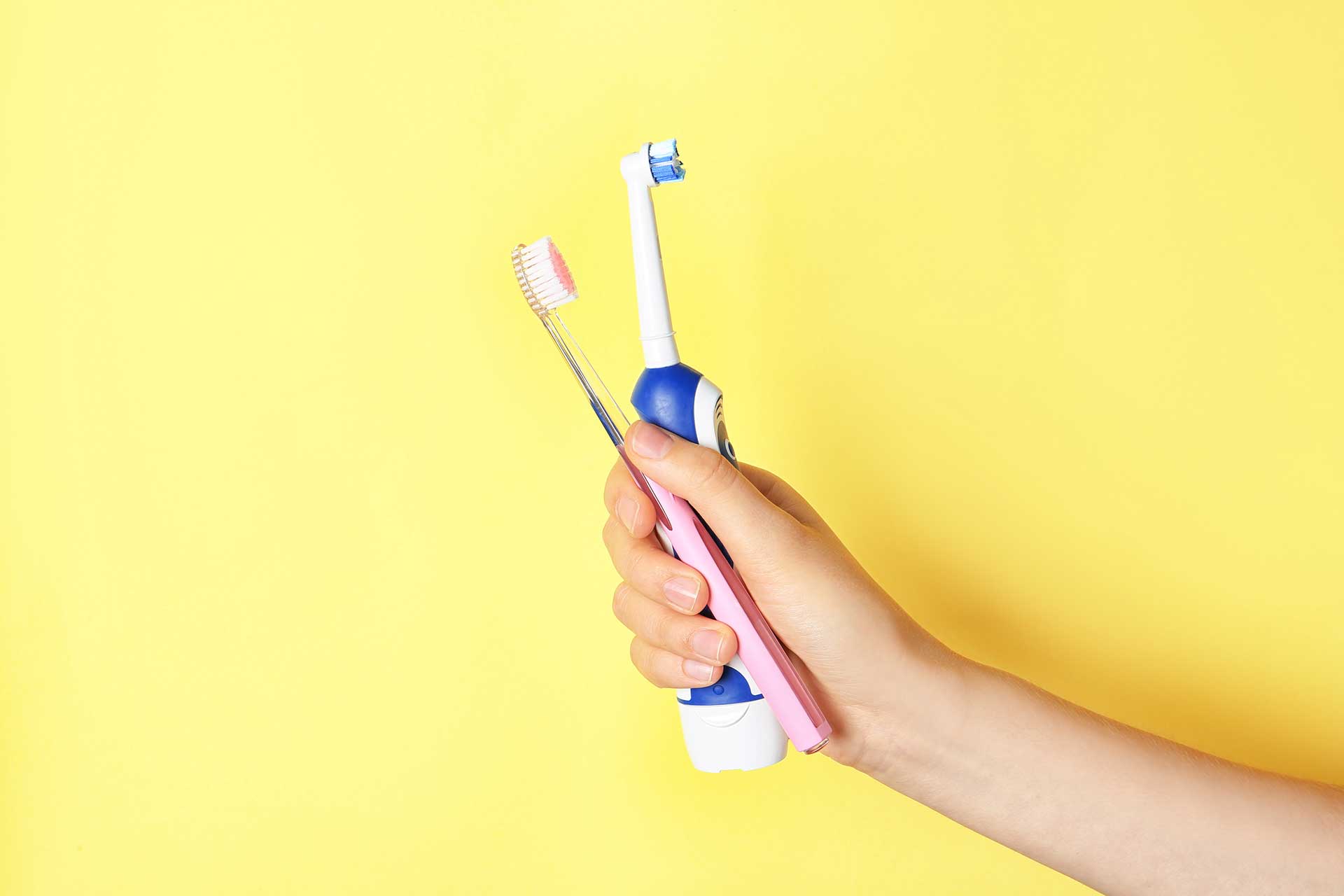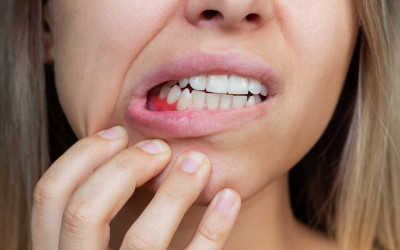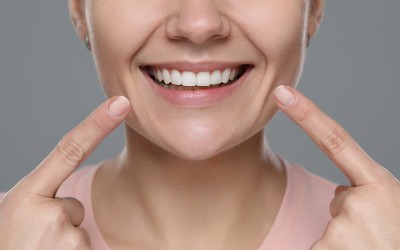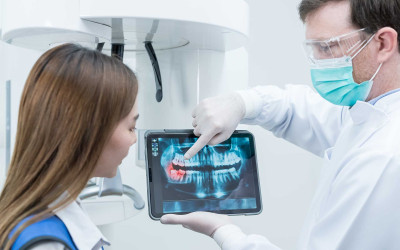Electric Toothbrush or Manual Toothbrush? Which is Better?

Electric Toothbrush or Manual Toothbrush? Which is Better?
- 18 June 2024
- 5278 views
Electric toothbrush or manual toothbrush? Which one is better for you? Expert opinions and comparisons are revealed to help you choose!
This content is for informational purposes only and does not replace medical advice, diagnosis, or treatment. Please consult a healthcare professional for any health concerns.
Table of Contents
Choosing the right toothbrush is a crucial part of a personal oral hygiene routine. However, for many people, the key question is whether to use an electric toothbrush or a manual toothbrush. Both options have their advantages and disadvantages, and which one is better depends on personal preferences and needs.
Why Is Choosing a Toothbrush Important?
Selecting the right toothbrush is essential for maintaining dental health and effectively cleaning teeth. Choosing the right toothbrush brings the following benefits:
- Provides Effective Cleaning: The right toothbrush helps you clean your teeth effectively.
- Does Not Damage Tooth Enamel: The right toothbrush allows you to clean your teeth without damaging the enamel. A brush with soft bristles gently cleans your teeth without harming the enamel.
- Maintains Gum Health: Using a brush with hard or incorrect bristles can damage the gums and lead to gum recession. The right toothbrush protects the gums and helps prevent gum diseases.
- Offers Suitable Options for Sensitive Teeth: There are specially designed toothbrushes for people with sensitive teeth. These brushes have bristles that are soft enough for sensitive teeth.
- Provides Options for Personal Preferences: Toothbrush selection should be based on personal preferences and needs. For example, electric toothbrushes provide faster and more effective cleaning, while manual toothbrushes offer a more traditional cleaning experience.
Electric Toothbrushes
An electric toothbrush is a device that helps clean teeth using a motorized mechanism. For many people, an electric toothbrush offers a more effective and easier cleaning experience. The advantages are generally as follows:
- Provides More Effective Cleaning: Electric toothbrushes offer more movement thanks to their motorized action, resulting in more effective cleaning. Some models make thousands of rotations per minute, better-removing plaque and other debris.
- Easier to Use: Electric toothbrushes are designed to require less effort from the user. Simply place the brush head on your teeth and press the button. This feature can be especially useful for children, the elderly, or those with physical limitations.
- Alerts with Sensitivity Control: Some electric toothbrushes warn you if you apply too much pressure to your teeth, reducing the risk of damaging the enamel. This feature is beneficial for those with sensitive teeth or gums.
- Built-In Timers and Programs: Some electric toothbrushes come with built-in timers and programs that automatically adjust the cleaning time and brushing routines. This helps optimize the duration and frequency of tooth brushing.
Manual Toothbrushes
A manual toothbrush is a traditional tooth-cleaning tool operated by hand. The advantages of these toothbrushes include:
- More Affordable: Manual toothbrushes are more budget-friendly compared to electric toothbrushes. This is an important advantage for those looking for a cost-effective option.
- Easier Portability: Manual toothbrushes are small and lightweight, making them suitable for travel or use on the go. They do not require chargers or batteries.
- Easy to Find: Manual toothbrushes can be easily found in nearly any pharmacy or supermarket, providing a significant advantage in terms of accessibility.
- Simple Design: Manual toothbrushes have a simple design and are easy to use.
Both electric and manual toothbrushes have their unique advantages. To determine which one is better for you, consider your personal preferences, needs, and budget. Consulting with your dentist can also help you make the best choice.







